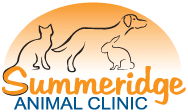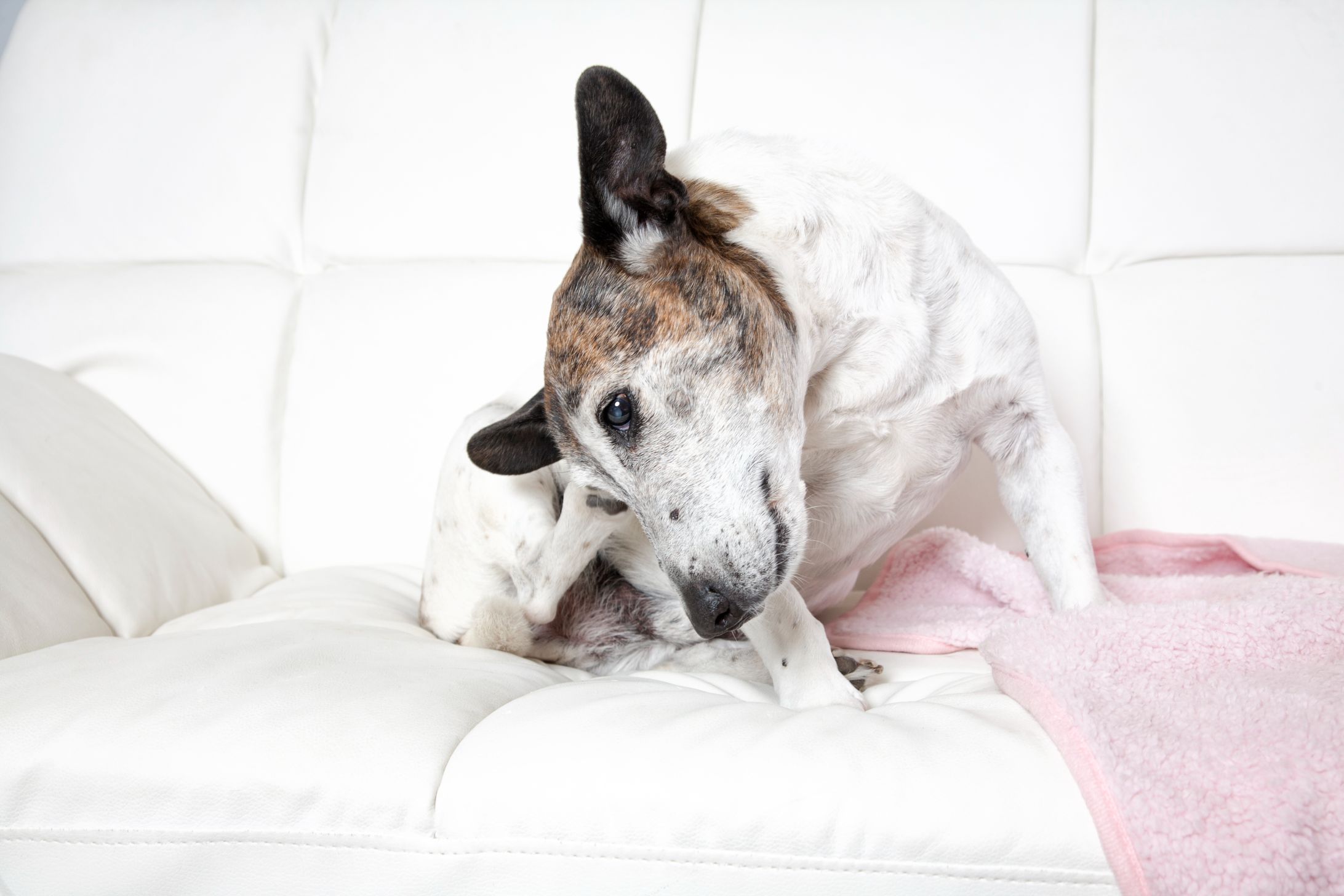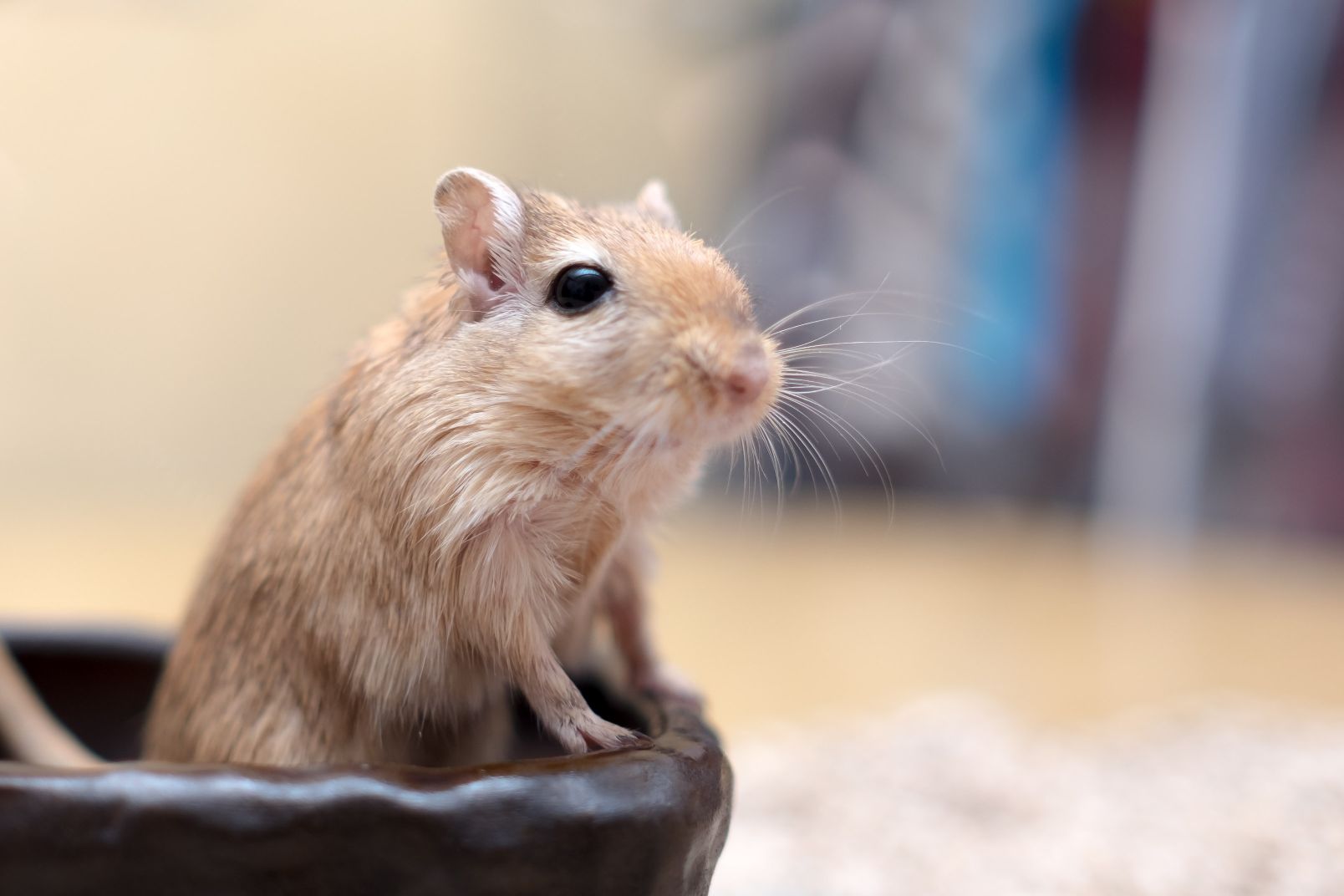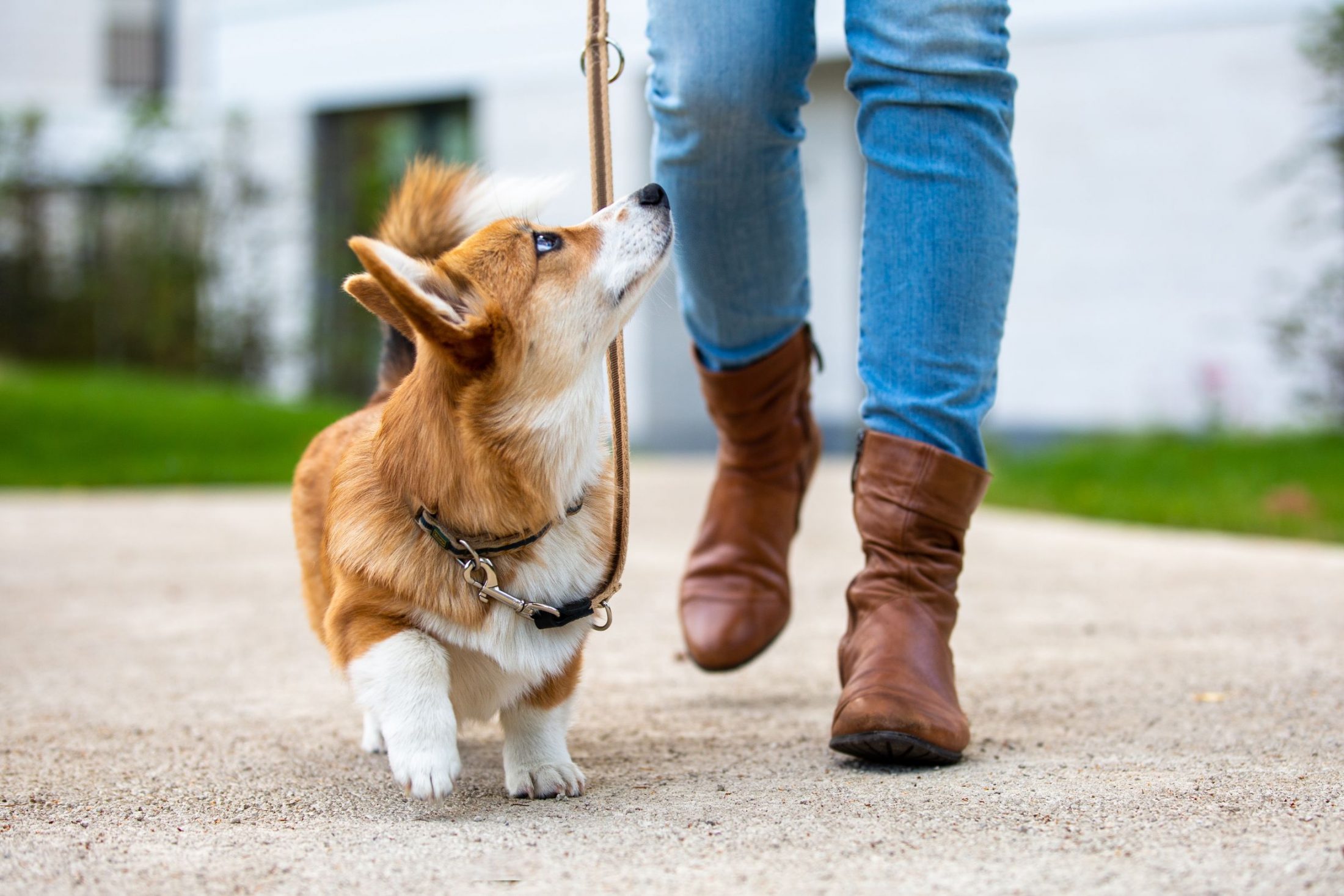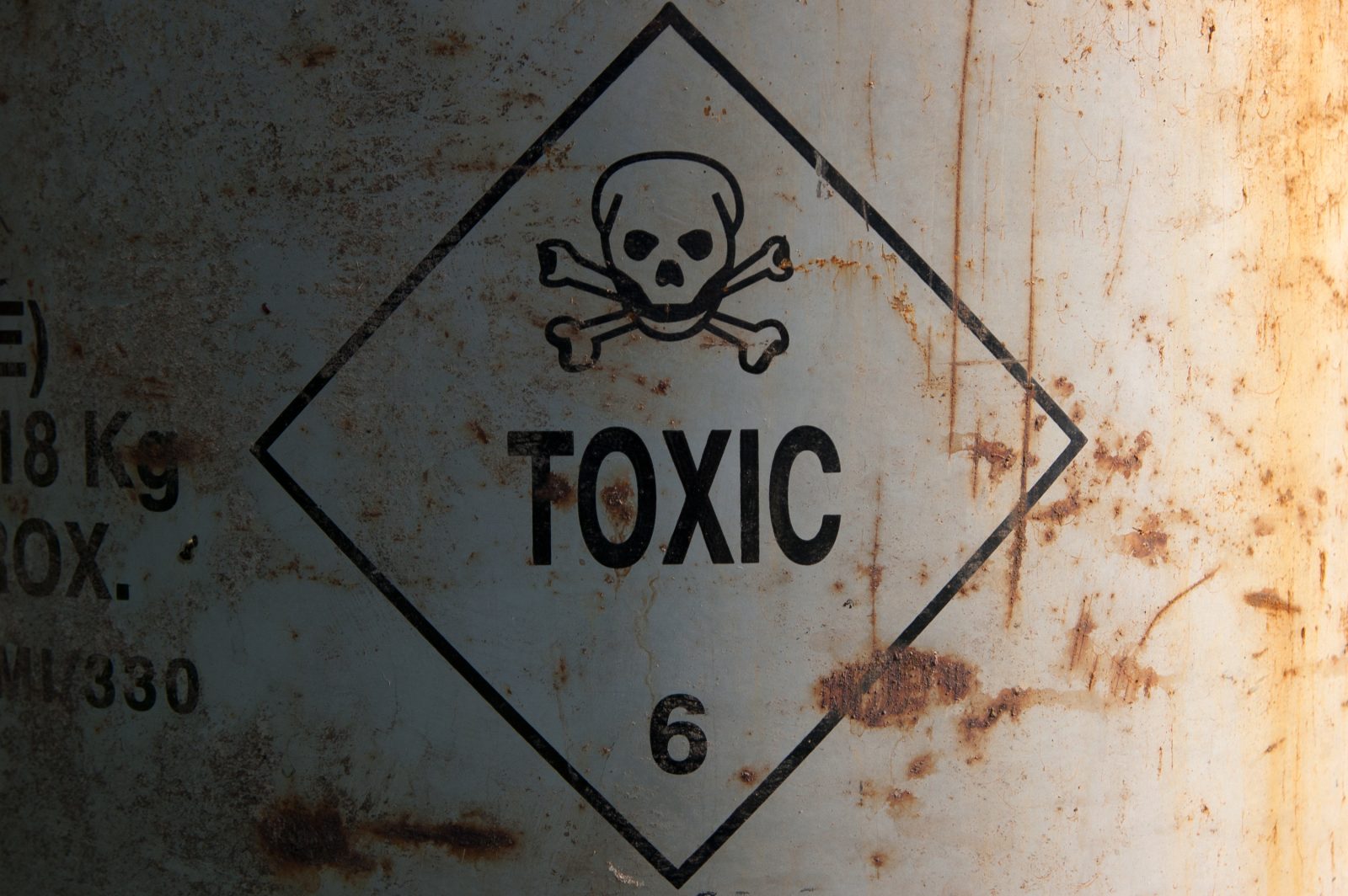 You do your very best to ensure your pet’s safety. Whether you’re in a public place or traveling together, there are always methods to mitigate accidental illness or injury. With an outward scope, it’s easy to forget that some of the most dangerous threats to your pet’s health aren’t far from your own threshold. Almost all pet poisoning incidents occur at home, making awareness of common household toxins vital to your pet’s safety.
You do your very best to ensure your pet’s safety. Whether you’re in a public place or traveling together, there are always methods to mitigate accidental illness or injury. With an outward scope, it’s easy to forget that some of the most dangerous threats to your pet’s health aren’t far from your own threshold. Almost all pet poisoning incidents occur at home, making awareness of common household toxins vital to your pet’s safety.
Harmless or Harmful?
Summeridge Animal Clinic wants to help you find the products in your home that pose hidden dangers. Seemingly innocuous, these common household toxins can lead to pet poisoning, which could be fatal.
We recommend surveying your pet’s environment and taking note of any items stored in the garage, yard, and around the home. Find sturdy storage cabinets for the items listed below and keep them far out of the reach of your precious pet.
Inside the Home
To reduce the risk of a pet poisoning, never allow your pet to have access to:
- Cleaners such as bleach, drain cleaner, toilet bowl cleaner, furniture polish, oven cleaner, etc.
- Prescription and over-the-counter medications (never leave pills or bottles out)
- Toxic plants, such as lilies and philodendrons
- Personal toiletries that contain dubious chemicals (hair dye, makeup, shampoos, etc.)
- Food scraps (check out this list of toxic food that should never be left out or offerred)
While these warnings apply to all the dogs and cats we see, our pocket pet patients should be given extra consideration. Do you allow your pocket pet to wander outside of his or her enclosure? Inquisitive guinea pigs, rabbits, gerbils, hamsters, mice, and rats all have the ability to squeeze into small places that may contain toxins.
Outdoor Pet Poisoning Risks
Also turn a critical eye to the garage, yard, and garden shed. It’s important to avoid these products:
- Lawn chemicals, including pesticides and herbicides
- Compost, bone meal, blood meal, and other soil amenders
- Cocoa mulch
- Toxic garden bed plants, such as azalea, oleander, or any of these common flowers
- Auto fluids, especially antifreeze (always soak up any fluid on the pavement)
Making Sense of it All
There are so many chemicals in our lives, but with constant vigilance, we can all do our part to prevent pet poisonings. Please let us know if you need help assessing your pet’s exposure to household toxins. Remember, in case of an emergency, every moment counts.
